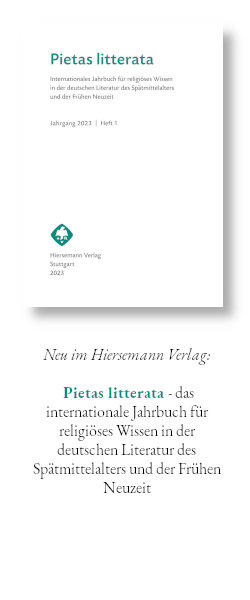La réception du Liber glossarum
DOI:
https://doi.org/10.36191/mjb-2019-54-3-4Abstract
The article presents a dozen attested uses of the Liber glossarum, which originated in Visigothic Spain, shedding light upon the reception of the work. One will recognize the great intellectual centres of the 9th century (Corbie and Auxerre), but also 10th – 11th century Italy, because the Liber glossarum serves a variety of purposes: glossing, commenting, compiling glossaries, interpolating Isidore of Seville’s Etymologies, as well as composing original works, sometimes generating theological controversies that lasted until the 17th century. This contribution, which confirms ourintuition that intellectuals used the Liber glossarum as early as the Carolingian times, is made possible by the new online edition of the work.
Keywords: Atto of Vercelli, De situ orbis, Reichenau Glosses, Glossae biblicae,Haymo of Auxerre, Heiric of Auxerre, Isidore of Sevilla, Liber glossarum, Papias,Priscian, Rabanus Maurus, Ratramnus of Corbie, Smaragdus of Saint-Mihiel, Vincentius of Beauvais


